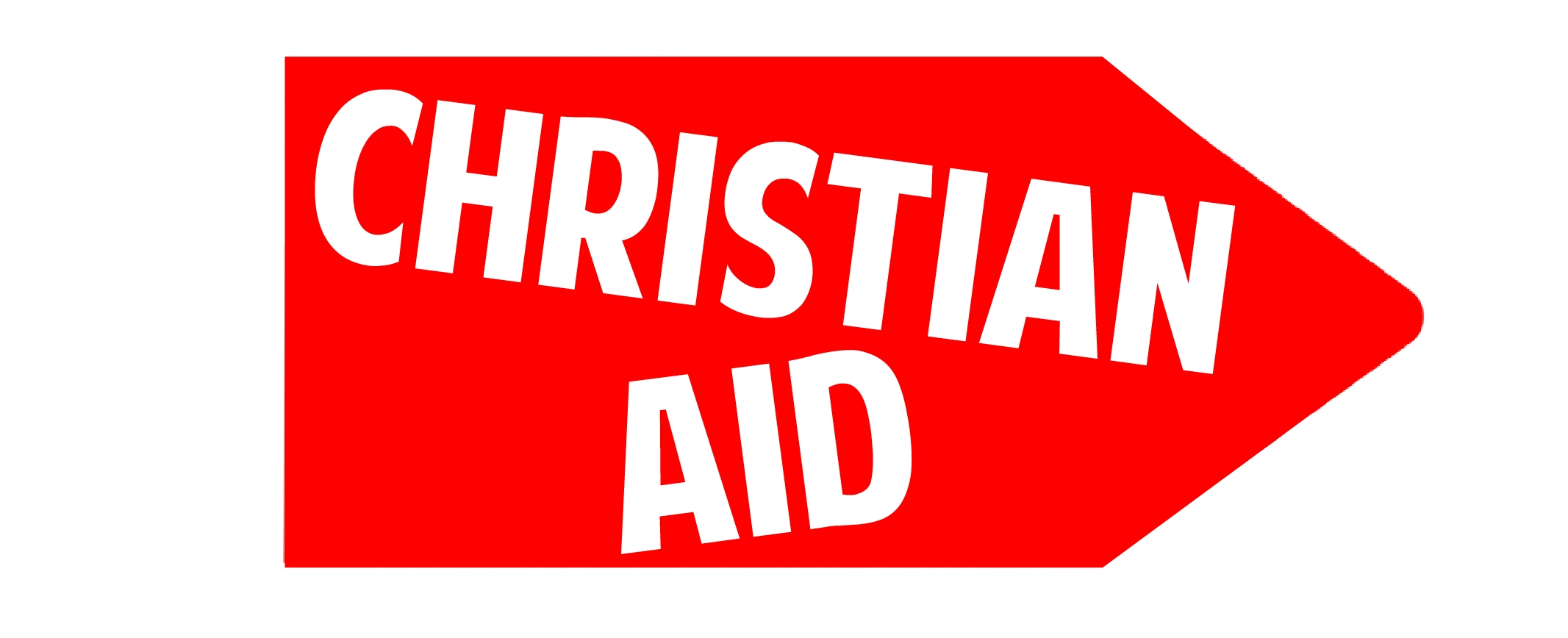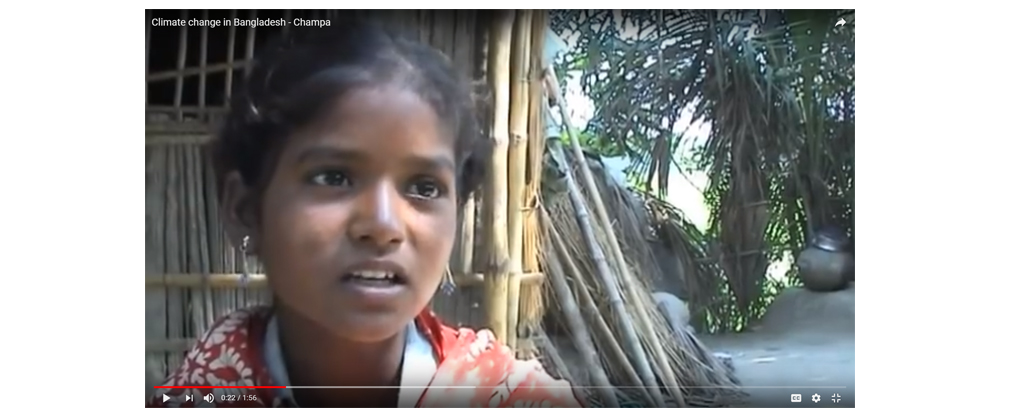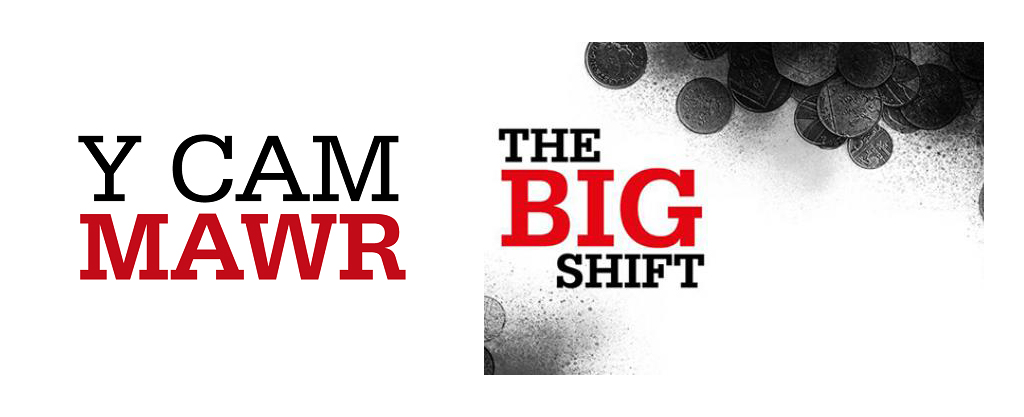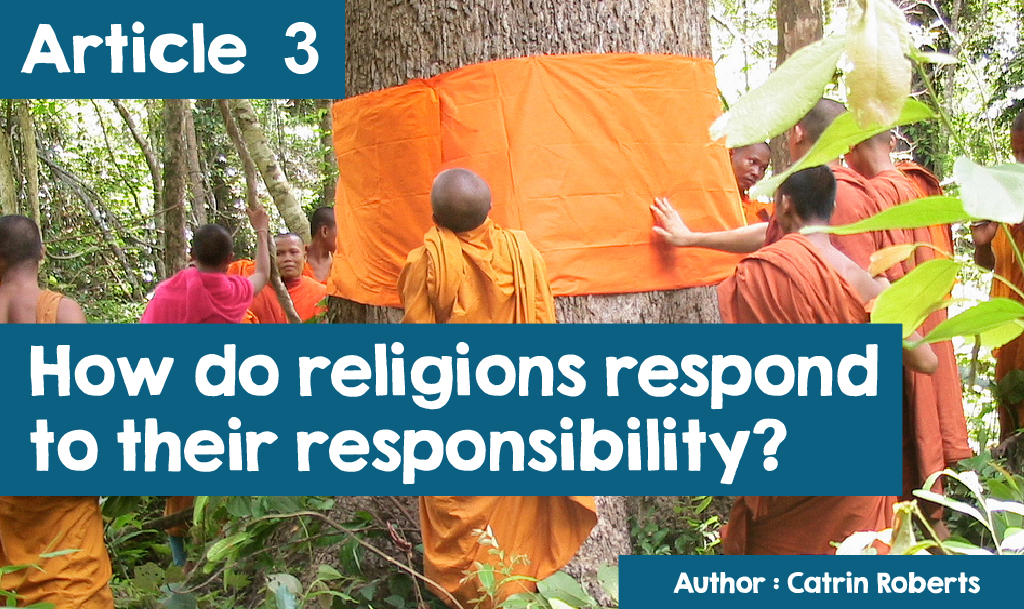|
Faith communities as eco-goalkeepers? | ||

|
||
|
I remember playing a game of football many years ago at primary school. After choosing teams, nobody wanted to be in goal! So, what the teacher did was to arrange for everyone in turn to defend the goal and keep the ball from crossing the line into the net. Today we don’t need to defend a goal, but to protect the future of the earth, because we face the consequences of abusing our planet and misusing its resources. We must be greener; rare animals must be protected; resources must be recycled; emissions leading to global warming must be reduced …… and more. It is easy to say this, but I wonder what the different faith communities are doing to 'defend the goal'! |

|
|
Christian Aid aims to end poverty in the world. To do this we must deal with climate change - because the world's poorest people suffer as a result. They live in areas prone to drought, storms, and floods, and have no means of protecting themselves. Many poor communities rely on the weather because they earn their living from farming so, when the climate changes, they will be the first to suffer.
You can see how climate change is affecting the lives of Champra and Fatimata within the section Listen and Watch. |

|
|
Or (Hinsawdd Hurt.pdf) Another part of Christian Aid's work is campaigning |

|
|
One of the biggest contributors to climate change is the extraction and burning of fossil fuels. Burning gas and coal produces most of the energy we use. Relying on such fossil fuels is what has raised the earth's core temperature. |

|
|
Christian Aid wants to put pressure on the UK Government and global companies to reduce fossil fuel consumption and move to becoming more reliant on sustainable energy. |

|
|
And they are asking their supporters to be part of the BIG SHIFT campaign.
To read more about the campaign click on : www.christianaid.org.uk |

|
|
Do we do something for the environment in prayer? |

|
|
Have you heard of the term jihad? |

|
|
The Coalition on the Environment and Jewish Life has challenged Jews to use the eight Hanukkah festival days to act individually, as communities and politically, to protect the earth in the face of climate change. They are a group committed to stewardship and protection of the Earth through Jewish outreach, activism, and teachings. They ask everyone, having lit up the menorah every night, to consider what they could do. Click on this link to see what is being suggested. http://www.coejl.org/resources/hanukkah-8-days-of-action/ |

|
|
Some Jews who wanted to protest about the precarious position of this famous lake, swam in the Dead Sea. Swimmers from many parts of the world dived into the salty water and tried to swim across the Sea (a 7-hour journey). This is the lowest point in the world (423 meters below sea level). The size of the lake has reduced over recent decades due to the diversion of the water of the Jordan River, which feeds the lake, to irrigate the land, and due to the evaporation ponds used to collect valuable minerals from the water. We must protect the Sea - that is what the protesters' say.
|

|
|
Do you remember that football match?
|

|
|
|


